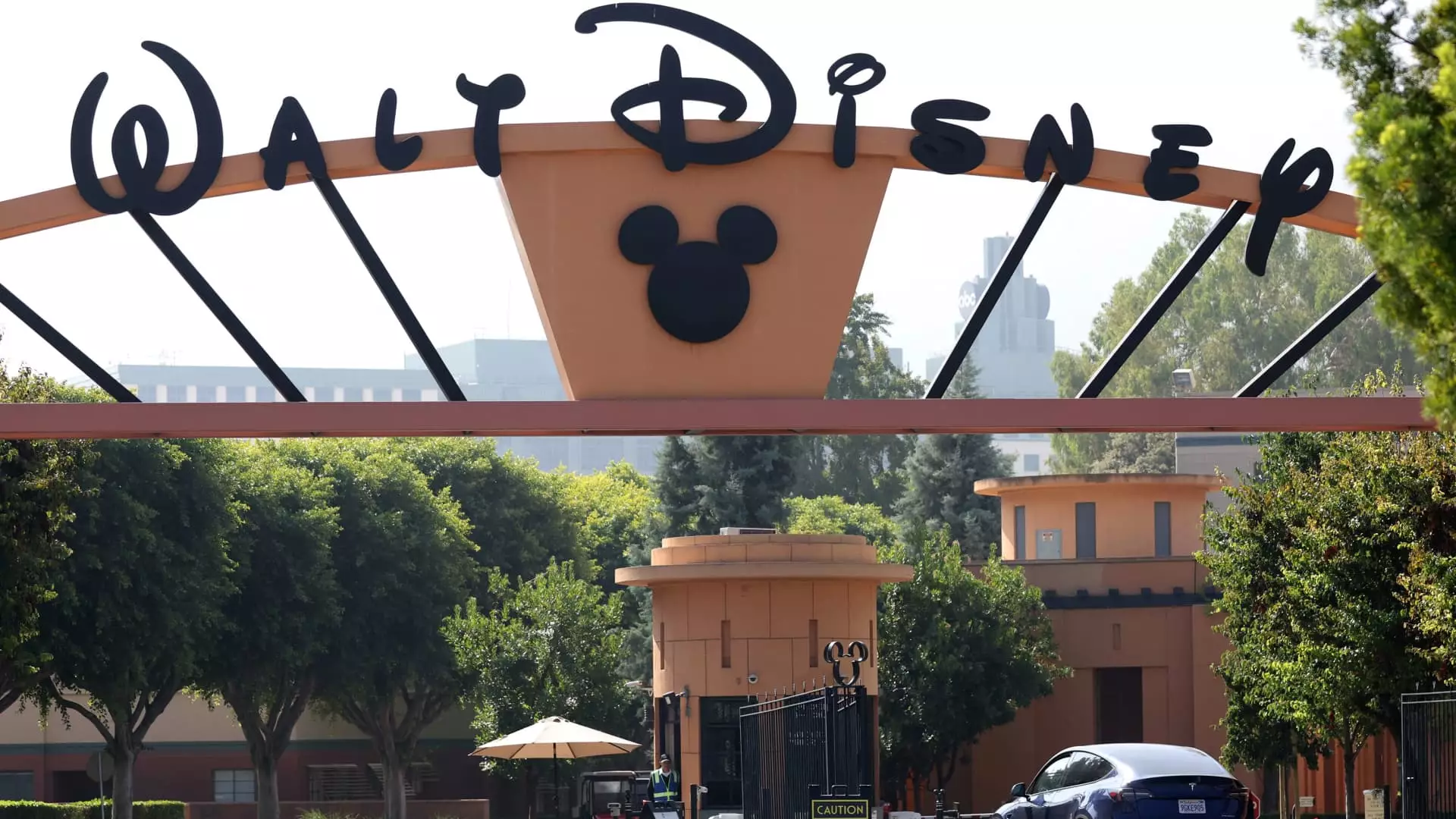The Federal Communications Commission’s (FCC) decision to scrutinize Disney and ABC for their diversity, equity, and inclusion (DEI) practices could be seen as a politically charged maneuver that is more about settling scores than promoting genuine equity. The probe, initiated under the leadership of Chairman Brendan Carr, aligns disturbingly well with the political climate stoked by the previous administration’s opposition to DEI initiatives. It begs the question: Is this really a step toward accountability, or simply an attempt to stifle an industry leader who has embraced progressive values in a time of widespread social consciousness?
The Irony of ‘Equal Employment Opportunity’
From a liberal perspective, the concept of equal employment opportunity should be championed, not weaponized. The inquiry into Disney suggests that merely striving for diversity and inclusion is grounds for legal examination. What the FCC frames as a potential violation of regulations appears to many as an assault on the very idea of creating equitable workplaces. Organizations should be encouraged to pursue diverse talent pools, not disciplined for attempting to address historical inequities. The irony intensifies when we consider the FCC’s expected role as a facilitator of inclusion across media rather than as an enforcer of conventional norms.
Contentious Relationship with Government Oversight
Disney’s evolution into a bastion of representation—both on-screen and behind the scenes—has not happened without backlash. As an artistic and cultural titan, Disney’s commitment to DEI may well be regarded as a threat by those who misinterpret inclusionary practices as fundamentally divisive. The government’s role in media oversight should not connote suppressive scrutiny but should advocate for free expression and innovative cultural contributions. Oversight ought to serve as constructive feedback rather than a punitive reaction to progressive ideologies.
Public Backlash: The $10 Billion Gamble
Going beyond regulatory compliance and facing the public’s growing demand for genuine representation, Disney risks alienating its loyal consumer base—a gamble that could potentially cost them billions in revenue. More than ever, audiences are vocal about their values. Any signs of regressive stances or anti-DEI sentiments can drive fans away, especially younger generations who prioritize inclusivity in their media consumption. Understanding this demographic shift, the FCC’s investigation may unintentionally provoke a strong public backlash that could jeopardize Disney’s market standing.
The Future of DEI in Corporations
The inquiry into Disney is a signal of larger battles ahead in corporate America. If organizations focused on fostering diverse workforces are penalized rather than applauded, the ripple effect will discourage others from embracing similar initiatives. Progressive companies that serve as benchmarks for innovation might find themselves intimidatingly scrutinized, stifling the growth of inclusive cultures at a time when the nation demands it most.
The debate isn’t simply academic; it has significant ramifications for how diversity will be viewed in corporate America moving forward. An effective democracy thrives on diverse voices, and this investigation is a direct contradiction to that ideal, suggesting an impending regression in corporate America’s commitment to inclusivity.


Leave a Reply